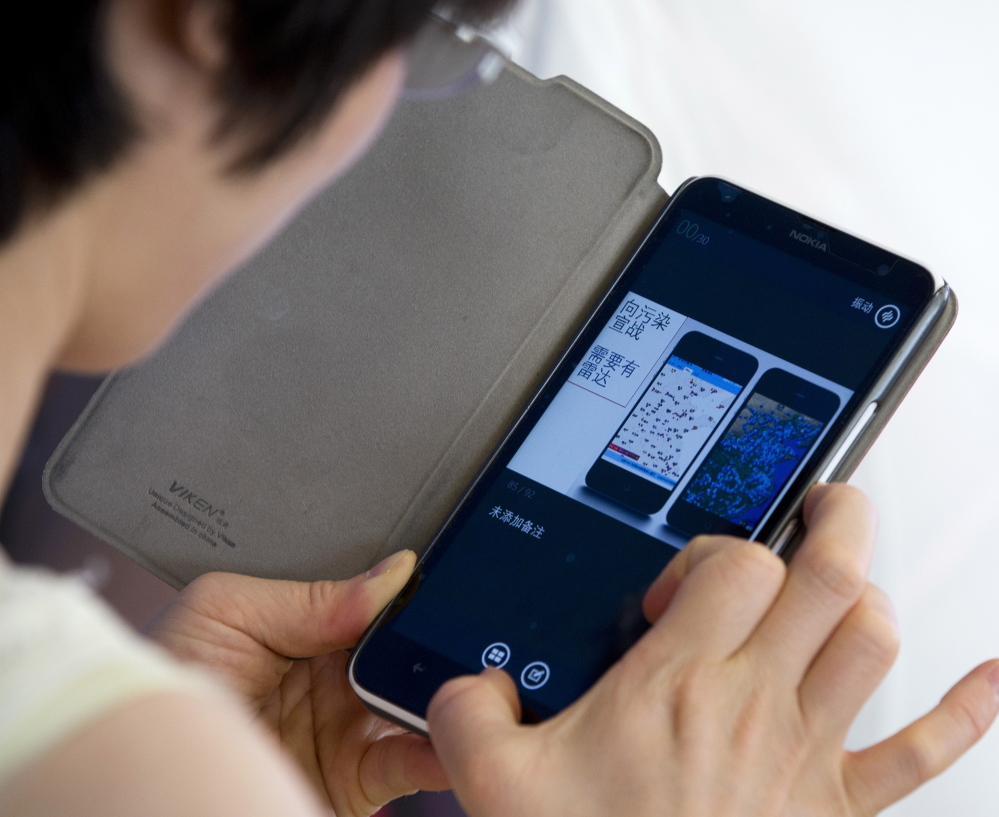Finally, a victory for personal privacy. In an era of increasing government intrusion into the lives of the governed, the U.S. Supreme Court on Wednesday ruled unanimously – that’s right, unanimously – that police cannot just go bounding through suspects’ personal cellphones without first obtaining a search warrant.
The court acknowledged what should be obvious, that Fourth Amendment prohibitions against unreasonable search and seizure apply to cellphones. Today’s smartphones are the equivalent of portable computers, containing mounds of personal and private data.
The prosecution had hung its argument on a 1973 case but the Supreme Court realized that things have changed since 1973.
Chief Justice John G. Roberts, writing for the entire court, made note of that when he wrote that modern phones “hold for many Americans the privacies of life.”
“The fact that technology now allows an individual to carry such information in his hand does not make the information any less worthy of the protection for which the Founders fought.”
Likewise, the ruling does not prevent police from seizing the cellphone to keep it safe until a warrant can be issued.
Roberts wrote that once a cellphone has been seized from a suspect, the process to examine it should be simple: “Get a warrant.”
As often is true in civil liberties cases, the person and circumstance surrounding this case are disturbing.
It involves David Leon Riley, of San Diego, a Lincoln Park gang member who was arrested in 2009 for having expired car license tags. The police impounded his car, found loaded guns under the hood and charged him with possession of the firearms.
Riley was carrying a smartphone. An officer confiscated it and found texts, photos and other information on it that connected Riley to gang members. As a result, he was convicted of attempted murder and assault with a semi-automatic firearm. He is serving a 15-year sentence.
Like we said, troubling.
One of the key principles of the legal system is that police cannot search citizens without cause. The Supreme Court properly recognized that it’s as unreasonable to examine a suspect’s smartphone without a warrant as it would be to search through a suspect’s home or office.
Send questions/comments to the editors.



Success. Please wait for the page to reload. If the page does not reload within 5 seconds, please refresh the page.
Enter your email and password to access comments.
Hi, to comment on stories you must . This profile is in addition to your subscription and website login.
Already have a commenting profile? .
Invalid username/password.
Please check your email to confirm and complete your registration.
Only subscribers are eligible to post comments. Please subscribe or login first for digital access. Here’s why.
Use the form below to reset your password. When you've submitted your account email, we will send an email with a reset code.